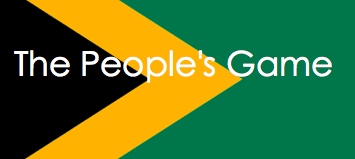
I shared my reflections on the 2010 World Cup (thru June 27) with Alan Minsky, host of The People’s Game — a KPFK/Pacifica Radio project that provides some of the best on-the-field analysis combined with discussions of the political, economic, and cultural subtexts of the 2010 World Cup.
Click here to listen to the interview.
Tag: 2010 World Cup
World Cup All-Stars 1.0
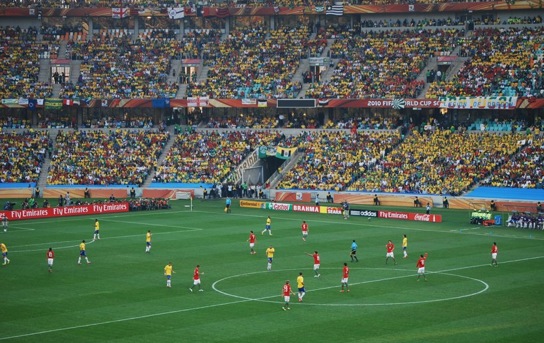
With two days off before the quarterfinals, it’s an opportune time to take stock of the top performers of South Africa 2010 so far. The team lines up in the widely used 4-3-2-1 ‘Christmas tree’ formation with no more than two players from one nation. Here are my picks:
Julio Cesar
Salcido, Mertesacker, Pique, Maicon
Kuyt, Mascherano, Oezil
Villa, Messi
Suarez
Honorable mention: Sneijder, Forlan, and Gyan
zzzzzzzzzzzzzzzz . . . Robben! zzzzzzzzzzzzzz . . . Sneijder! zzzzzzzzzzzzzzzzzzzzzzzzzzzzzzzzzz . . .
That’s my match report from Durban’s Mabhida Stadium where the Dutch easily dispatched the Slovaks 2-1. The best of the rest of our experience is captured in the short video above.
Melissa Block of NPR’s ‘All Things Considered’ interviewed me about soccer’s long history in Africa. Soccer was brought to Africa by British colonials in the mid-1800s. The first documented game on the continent was played in South Africa in 1862, a year before soccer’s official rules were codified. As I argue in African Soccerscapes, soccer has been an important sport in Africa for as long as it was played in Europe.
Click here to listen to the interview and read a transcript.
Was also interviewed by and quoted in this New York Times article: Soccer Returns to its Roots in Africa
Worldview: SA 2010 (radio)
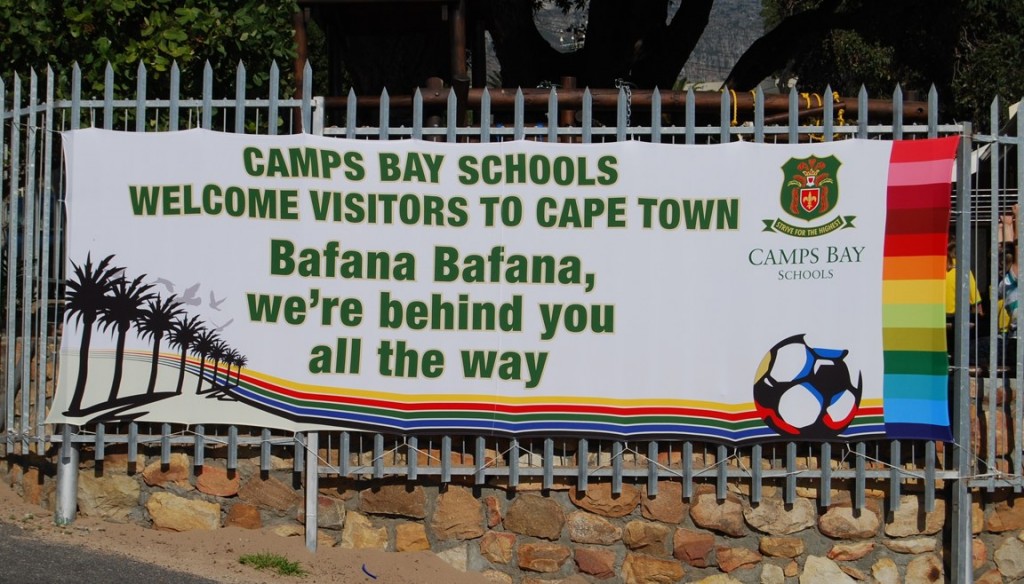
Did an interview on the ‘Worldview’ program of Chicago Public Radio station WBEZ. Interviewers Euan Hauge and Dan Shalin asked me what’s happening in SA at the moment? What are people talking about? Is the 2010 World Cup a case of the rich getting richer? What about forced removals disguised as urban renewal and the Nelspruit stadium mess? Is this really Africa’s World Cup? How will the African teams do in the tournament?
Listen to the interview here: http://audio.wbez.org/wv/2010/06/wv_20100604.mp3
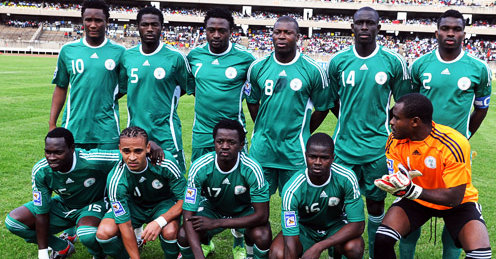
European clubs own more than 80 percent of Africa’s World Cup players. Final squad lists show that 112 of the 138 players are based in Europe and one in Asia (Qatar). Nigeria’s entire team is made up of players competing in nine different European countries!
Let’s break down the rest. Ivory Coast: 22 out of 23 (in 11 European countries); Cameroon: 22 out of 23 (9 countries); Algeria: 20 out of 23 (9 countries); Ghana: 19 out of 23 (9 countries); South Africa: 7 out of 23 (5 countries). The Big 5 leagues — England, Spain, Italy, Germany and France – capture the lion’s share of Africa’s World Cup players, 70 percent to be precise.
South Africa represents an anomaly due to its well-endowed Premier Soccer League, ranked in the Top 10 of the world’s richest leagues. If we were to take South Africa’s team members out of the equation, then 93 percent of Africans in this year’s World Cup are based in overseas clubs. And five of the nine players still playing club football in Africa are goalkeepers.
‘After the flight of brains Africa is confronted with the muscle exodus,’ noted Issa Hayatou, President of CAF. ‘The rich countries import the raw material — talent — and they often send to the continent their less valuable technicians. The inequality of the exchange terms is indisputable. It creates a situation of dependence and the impoverishment of some clubs . . . and of national championships.’ Paradoxically, the more African superstars like Drogba shine in Europe’s elite leagues, the more likely everyday football on African soil will suffer.
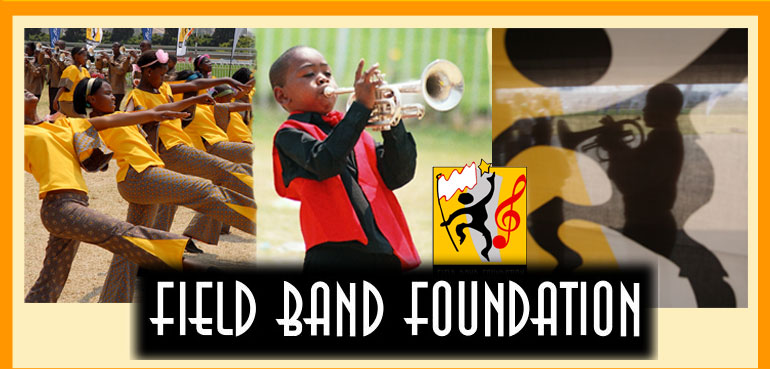
The Field Band Foundation — an innovative, exciting South African NGO focused on youth development through show bands — will perform at the opening and closing ceremonies of the 2010 World Cup. On top of that, FBF will also be performing at the Fan Parks, open spaces and many other events around the World Cup. FBF integrates music with life skills training. It works with young South Africans who, through poverty, still suffer from the injustices of the past.
Click here to download FBF music.
